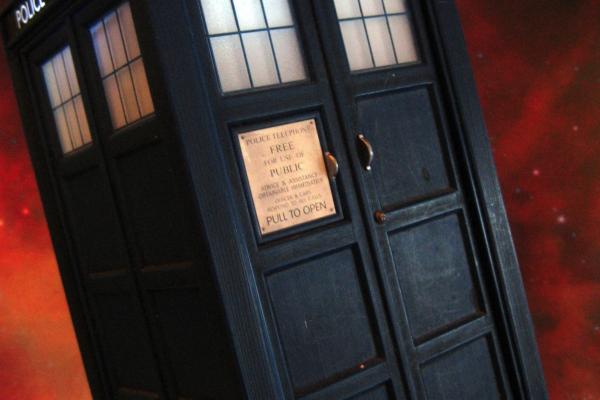Dec 16, 2015
No matter how charismatic, merciful (usually), or full of truly ancient wisdom the Doctor may be, he ultimately knows himself as less than God. It’s not likely that the Doctor believes in God, and he has particularly bad associations with Christmas, and he recognizes that he isn’t the Lord — he’s just a Time Lord. He forces Amy to face the fact that he cannot save her — that he is just a madman with a box, nothing more.
Read the Full Article

Already a subscriber? Login
